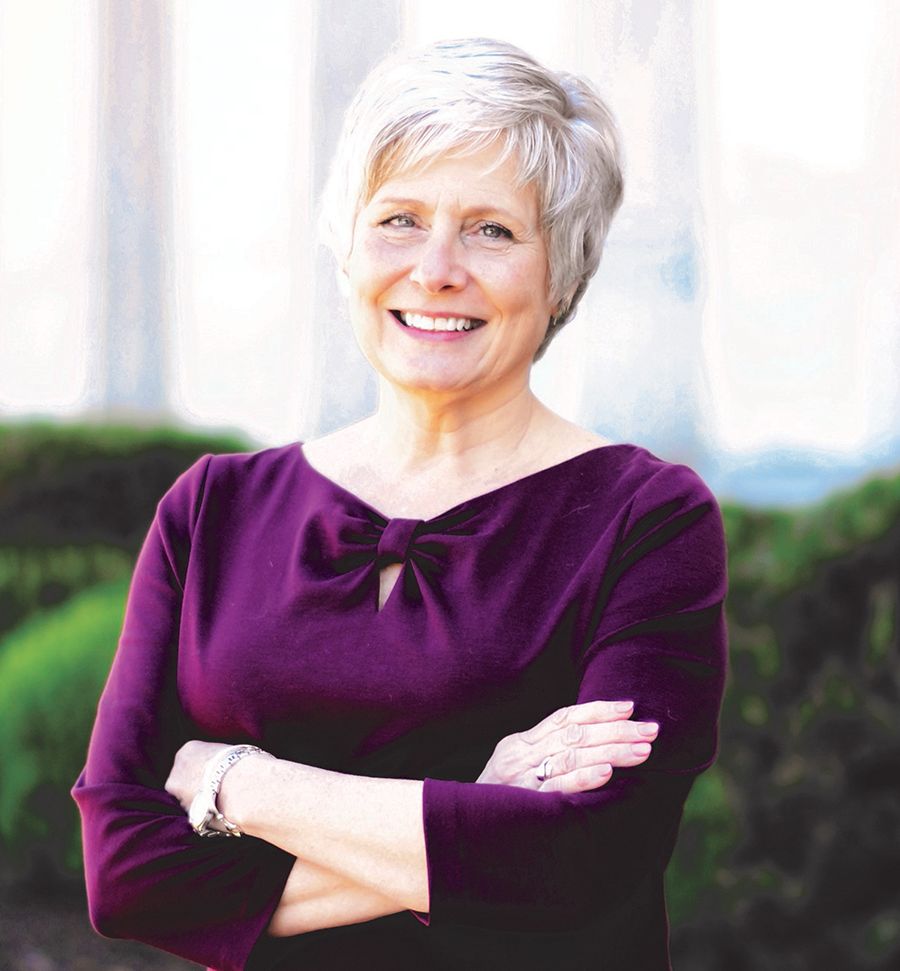
Katie Espeseth’s goal for EPB is to always have it be a technology leader amongst its competition, whether that’s through products or the customer support it offers. That forward thinking and hard work EPB put in over the past decade to build out a powerful, fiber optic network that enabled Espeseth and her team to move quickly to keep Chattanooga running during the pandemic.
“We really could quickly mobilize around that,” says Espeseth, who serves as VP of new products at EPB, a municipally-owned utility that provides electric power, internet, video and phone service. “We have 110K customers that have our internet service, so that’s 110K customers who could immediately go home and work and remain as productive, in most cases, as they could when they were in their offices.”
Now, approximately 20 EPB employees can be found in the offices on any given day, but that’s not because the company has had any difficulties in working from home. In fact, because of the strength of their network, there’s no urgency to return back to what they would have called normal six months ago.
“I don’t think our customers have seen any change, certainly not in our focus on giving them great customer service, but even in our ability to deliver,” Espeseth says. Her role at EPB has her continuing to develop the fiber optic system as well as developing new products and service and making long-term business plans.
As part of its close relationship with the community it serves, EPB provides a subsidized internet offering that’s available to families that qualify for the Hamilton County school system’s free and reduced lunch program. But not all of those families across 10K homes were taking advantage of the program or even knew that they could. Espeseth and her team deployed 125 hotspots across EPB’s footprint to offer those students immediate internet access.
“We partnered with the Hamilton County school system, with various foundations and other organizations in the city to decide, or really to pinpoint, where those hotspots needed to be,” Espeseth says. “We think there’s a longer-term solution, and we’re thinking through how we can do that today. It’ll take us a little time, but I think we will solve this portion of the digital divide with a lot of good partners in the community.”
All seemed to be going swimmingly until mid-April. A series of seven tornadoes ripped through Chattanooga on Easter night, leaving approximately 106,000 EPB customers without power.
“We are always at heart an electric utility, and we think that the first step of getting back to a normal life is restoring power to the community,” Espeseth says. Luckily, the company’s smart grid instantly restored power to 44,000 customers without any manual effort in the moment on EPB’s part. Even so, the utility estimates more than $34 million in damage was done to the community’s electric and fiber optic infrastructure, including 3 substations, 812 power poles, 709 transformers and more than 125 miles of power lines. “That’s normally a pretty Herculean effort… but in a pandemic, I think that effort was magnified,” Espeseth says. Even with no restaurants open to feed the teams, EPB worked to provide them with hot meals and snacks, washed their clothes and got them back to their homes within 10 days of the disaster. And when they showed up to work, EPB offered them masks and gloves and insisted they kept their distance for the safety of themselves and others.
– Sara Winegardner
Fast Facts
- Espeseth joined EPB in 2004 after spending more than 30 years in telecom, holding positions at AT&T and the now-former Bell South.
- EPB was created in 1938 by a private act passed by the Tennessee legislature. It began offering an all-fiber high speed business internet service in 2003.
- Espeseth was elected chair of The Fiber Broadband Association for 2020.